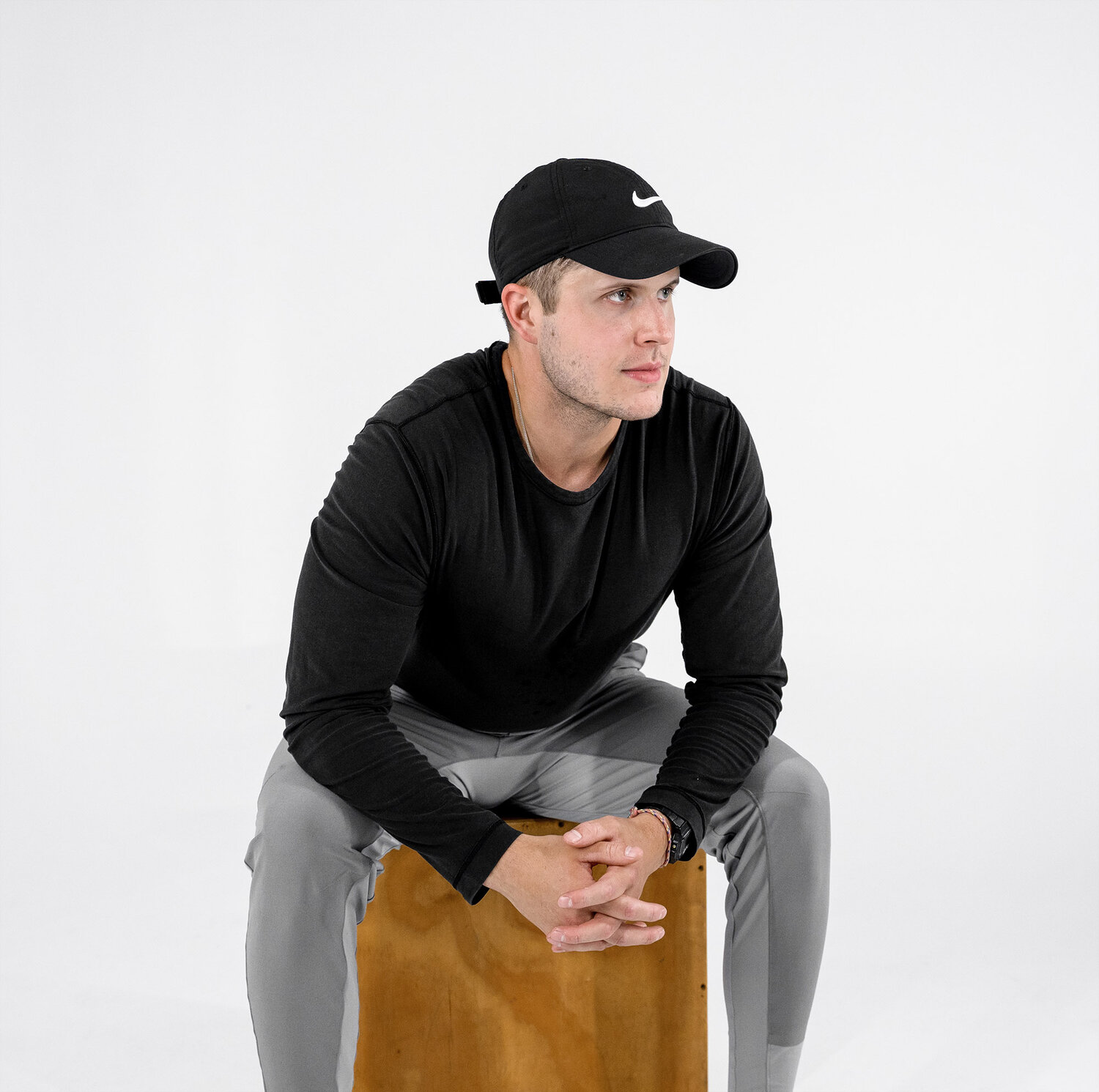Yes, it’s no secret to get better at something you need exposure. There is the 10,000 hours theory which asserts that the key to achieving expertise in any skill is simply a matter of practicing, in the correct way; for at least 10,000 hours. If each run is 40 minutes; you would need 15,000 runs. If you ran everyday it would take you 41 years to achieve running expertise.
Seems a bit unreachable right?
So you don’t want to be a running expert; but you would like to run faster and/or longer. Set a new PR or just improve your performance.
This LEARN is for you.
Runners often find themselves hitting a plateau. They see minimal to no progress even though they have been running for months, years even. These tips are so simple but they are so effective to help you overcome that 5K, 10K, half marathon or full marathon time you can’t seem to reach. Running has a lower barrier to entry. It’s made for everyone of all ages, all body types, all fitness levels, skill levels, and purposes. We can run for health. We can run for performance. We can run for recreation. We can run from something or run towards something.
So lets run towards a new PR in FOUR easy tips.
RUN MORE
It sounds silly but I have several conversations with runners weekly about their performance. You would be surprised to find that some people may only run 1-2x per week. They need to run more. Running more is the easiest way to improve your fitness; but it does come with a few risks. Increasing your running frequency in the absence of proper recovery can lead to overtraining, injury, and fatigue….all of which decreases your performance. Start tracking BOTH your weekly MILES and TIME on feet. Not all miles are created equal so that’s why we track time as well. We need to account for elevation, terrain, and other factors that make some miles more demanding than a stroll in the neighborhood. A general guide is to increase your weekly miles by about 10% week to week over the course of 6 weeks. If week ONE you run 15 miles, aim for 17 miles the next week.
RUN SLOWER
If ALL of your runs are the same pace, especially a race pace; you are hindering your adaptation. You need a bigger engine and part of that is running SLOWER in order to run FURTHER. If you are doing speed work or tempo work; it should challenge you. You can’t adapt because you don’t have progressive overload because every run is the SAME. Running slower is not a step back. It’s a step forward. Let’s see your race pace is 7:30 per mile. If you’re able to keep your heart rate steady for a 6 mile pace at 10 minutes; you will be able to run a 3 mile past with more fitness and likely improve your 7:30 time. Slow and further for the win.
STAY HEALTHY
Running injuries are common and roughly ¾ runners will experience one. It’s really hard to improve performance when your goal is getting healthy again. The best way to get better is to be more consistent with running. Injuries don’t align well with consistency. Most injuries are programming or training errors. You ran too much too soon. You run too often. You run too intensely. The other side of not being healthy is needing more capacity through those major running muscles: shin muscles, hamstrings, hip flexors, quads, and glutes. Strength training is critical for a runner to become more resilient for running forces and demands. Part of staying healthy is reducing injuries; and strength training does that.
DON'T JUST RUN
Not strength training is the biggest flaw we see with runners in our practice. Strength training improves running economy, reduces/delays fatigue, improves anaerobic capacity, and as we stated in TIP 3; decreases your risk for injury.Think of your body as a cup. And you can only put so many runs in that cup before things overflow. Strength training makes your cup bigger so you can put more runs in the cup before things overflow. Overflow being: pain, injury, fatigue, soreness, etc. If you don’t know where to start with strength training, that’s part of how we runners at Myomuv. We assess their movement and find imbalances or weaknesses that need to be improved. We build out specific programs for you to address those areas that will make running more successful and keep you healthy! Strength training loads the body differently than running:
tendons – no more tendonitis,
cartilage- no more meniscus or arthritic pathologies,
muscles-a stronger muscles produces more force and absorbs more force

Are you dealing with a running injury or you feel stuck with your running?
We have a RESILIENT RUNNERS workshop coming up at our clinic
We will be discussing common running injury myths and risk, strength training for runners, and drills every runner should be doing to become more resilient!
Only 20 seats available! Sign up HERE!!




